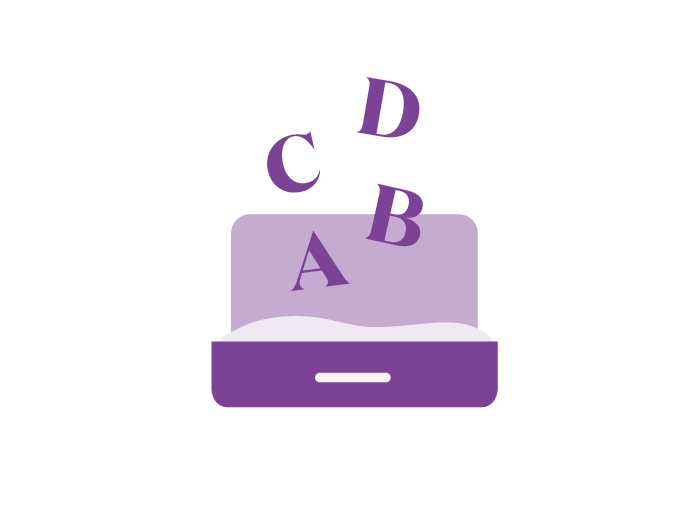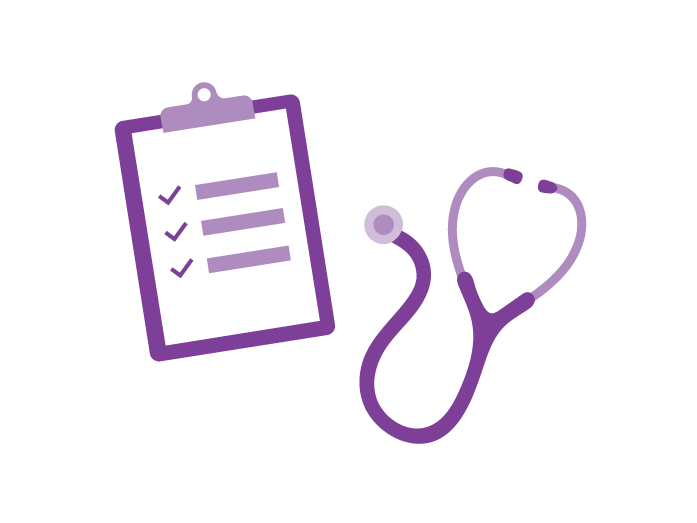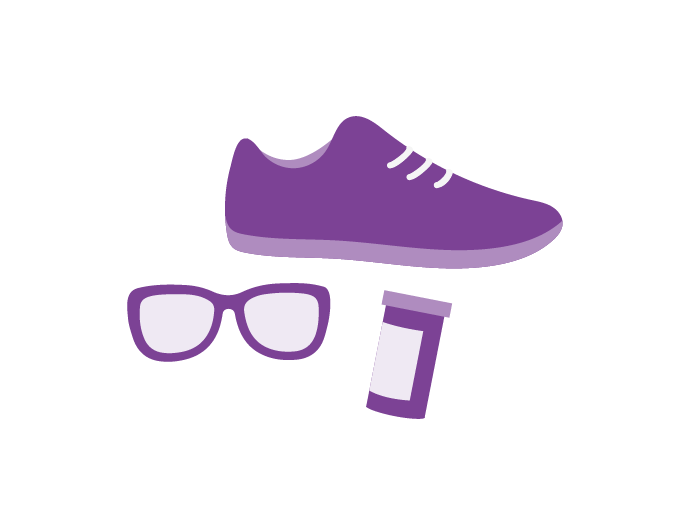The information you will be accessing is provided by another organization or vendor. If you do not intend to leave our site, close this message.
Q&A with a call center rep: The most frequently asked Medicare questions
 By Sachi Fujimori
By Sachi Fujimori

Cynthia See* called back. And that made a world of difference.
Cynthia is a call center representative for Aetna Medicare based in Texas. She recalls that a member was confused about her plan. After she followed up with the right information, Cynthia remembers the member telling her, “You don’t realize how grateful I am that you called me back at all. It’s very rare for someone to keep their word.”
The member then sent her a handwritten thank-you note. “I have kept that letter at my desk where I can see it at all times,” says Cynthia. “It inspires me to continue to strive to be the very best.”
Medicare can be confusing for its some 65.2 million U.S. beneficiaries.1 But call center reps like Cynthia are on the frontlines. They help people make sense of their plans and realize their health goals.

Cynthia, who worked in retail before joining Aetna, has a knack for customer service. She enjoys helping make Medicare more understandable. She even answers questions when she wears her Aetna T-shirt and gets stopped in the grocery store. “People will ask me questions about Medicare,” she says. “I’ll answer whatever questions they have, of course.”
It’s no surprise, then, that her friend David Begley, who is signing up for Medicare for the first time, asked to chat with Cynthia about his options. Over coffee, Cynthia shared with him some of the questions she’s most frequently asked by Medicare beneficiaries — and we’re sharing them with you.

By mastering these basics, you’ll be in a better position to make the right health care decisions.
What are some of the factors that I need to consider when choosing the right Medicare coverage? I don’t even know where to begin.
I try to walk people through as much as I can — and there are a few questions you need to ask yourself.
The first is about your flexibility. In other words, do you want the flexibility to see any doctor? If you’re considering a Medicare Advantage plan, you should know that it may have a network of specific doctors and health care providers that you can see as part of the plan. But some Medicare Advantage plans, like a Medicare Advantage PPO (Preferred Provider Organization) plan, allow you the flexibility to go outside of the network. With Original Medicare, you can see any doctor or hospital that accepts Medicare.
You should also think about how you’ll want to handle your health care expenses. Original Medicare, for example, doesn’t provide an annual limit on your out-of-pocket expenses. Nor does it offer prescription drug coverage. If you opt for Original Medicare, you might want to consider a Medicare Supplement plan to help pay some of the costs not covered by Original Medicare. You can also sign up for a Medicare Part D prescription drug plan to cover the costs of prescription medications.
On the other hand, Medicare Advantage plans will provide a limit on your out-of-pocket expenses – and many also include prescription drug coverage. To learn more about choosing the right plan, read here.
If I have retiree coverage from a former employer, how does it work with Medicare?
The main thing to determine is whether your retiree coverage or Medicare will pay first. Sometimes it can get a little confusing with the coordination of the two plans.
If your employer has more than 100 employees, then the retiree coverage would pay first, and then Medicare would pay. If you worked for a company that has fewer than 100 employees, Medicare pays first. Then the group health plan (retiree coverage) pays. I always recommend that you check with your benefits administrator to learn more about any Medicare coverage that you may have through your employer.
Read more about retiree coverage and Medicare.
I'm thinking about moving. How do I find out if my Medicare plan has coverage in a new city?
Every state has a State Health Insurance Assistance Program (SHIP). SHIPs are not connected with any insurance company, and offer Medicare information free of charge.
Once you get the zip code for your new area, you can call them for help. They can compare Medicare plans, taking into consideration your income and what you’ll need. Then they can give the best recommendation for the available plans in that area. If you’re an Aetna member, you can call us for help. Or simply go to our “Get Started” page.
I tell everyone who is having a problem that calling us was the best thing they could do, that we’re here to help them.

Do I really need prescription drug coverage?
I have handled so many calls from members who are upset because they are being assessed a late enrollment penalty. The penalty is for not having prescription drug coverage equal to or better than Medicare Part D coverage. If you’re eligible for Medicare, you can’t go more than 63 consecutive days without prescription drug (Part D) coverage. If you do, in most cases, you’ll be assessed with what is called a late enrollment penalty. This penalty follows you no matter which insurance company you eventually choose. And it lasts a lifetime with very few exceptions. If you’re new to Medicare, you might be surprised by this.
I often hear, “I don’t take any medications, so I don’t need coverage.” I usually respond by telling them to equate it to the requirement that we all have automobile insurance to drive a car — even when we haven’t had an accident. Learn more about prescription drug coverage and the benefits that it offers.
Learn more about late enrollment penalties.
How do I find out about getting a walker, hospital bed, shower chair, nebulizer or other durable medical equipment (DME)?
In general, your doctor writes a prescription for it and then gives it to you to hand carry to a medical supply company. In some states, doctors can send the prescription directly to the vendor by fax or electronically. The vendor will contact you for delivery.
I often get involved if a member doesn’t understand the process. For example, if they need a back brace or some other custom item, they need to first make an appointment to have their measurements taken. Then they can place the order. If a member has a problem getting an urgently needed item, I can help. I can call or fax in the information.
How do I find out if a procedure requires authorization and request authorization for it?
This is a question I get multiple times a day. First, you need a procedure code — a specific code used to identify medical procedures and services for billing. I can call the doctor to get the code. Then I can check the national precertification list and find out if the procedure requires preauthorization. There are various ways authorization can be handled, depending on the type of plan you’re in. The doctor can start the request for authorization — and in some cases, plan members can start it on their own.
How do I know if I get dental, vision and hearing coverage?
Check with the plan. Medicare plans have an “evidence of coverage” document that gives you the details of what your plan covers and how much you’ll pay. You can go online and find this document too.

I’m new to Medicare, what’s the best piece of advice you can give me?
This is what I tell everyone who is having a problem: I let them know that calling us was the best thing they could do, that we’re here to help them. They’ve already taken the important step to manage their health, and we’re here to support them. They can rely on us to handle the details, so they can relax and have a stress-free experience.
*A real Aetna Medicare representative
1https://www.cms.gov/Research-Statistics-Data-and-Systems/Statistics-Trends-and-Reports/CMS-Fast-Facts/index.html
About the author
Sachi Fujimori is a writer and editor based in Brooklyn who focuses on writing about science and health. A good day is one where she eats her vegetables and remembers to live in the moment with her baby girl.



